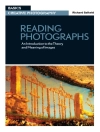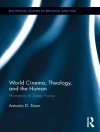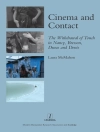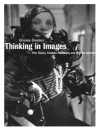Photography was invented between the publication of Adam Smith’s The Wealth of Nations and Karl Marx and Frederick Engels’s The Communist Manifesto. Taking the intertwined development of capitalism and the camera as their starting point, the essays in Capitalism and the Camera investigate the relationship between capitalist accumulation and the photographic image, and ask whether photography might allow us to refuse capitalism’s violence-and if so, how?
Drawn together in productive disagreement, the essays in this collection explore the relationship of photography to resource extraction and capital accumulation, from 1492 to the postcolonial; the camera’s potential to make visible critical understandings of capitalist production and society, especially economies of class and desire; and propose ways that the camera and the image can be used to build cultural and political counterpublics from which a democratic struggle against capitalism might emerge.
With essays by Ariella A�sha Azoulay, Siobhan Angus, Kajri Jain, Walter Benn Michaels, T. J. Clark, John Paul Ricco, Blake Stimson, Chris Stolarski, Tong Lam, and Jacob Emery.
Sobre el autor
Daniel James is the Bernardo Mendel Chair in Latin American History at Indiana University, and the author of Resistance and Integration: Peronism and the Argentine Working Class, 1946-1976 and Do�a Mar�a’s Story: Life, History, Memory, and Political Identity, and co-editor of The Gendered Worlds of Latin American Women Workers: From Household and Factory to the Union Hall and Ballot Box. He is the recipient of a Guggenheim fellowship and before taking up the Mendel Chair at Indiana University, he taught at Yale University and Duke University.












